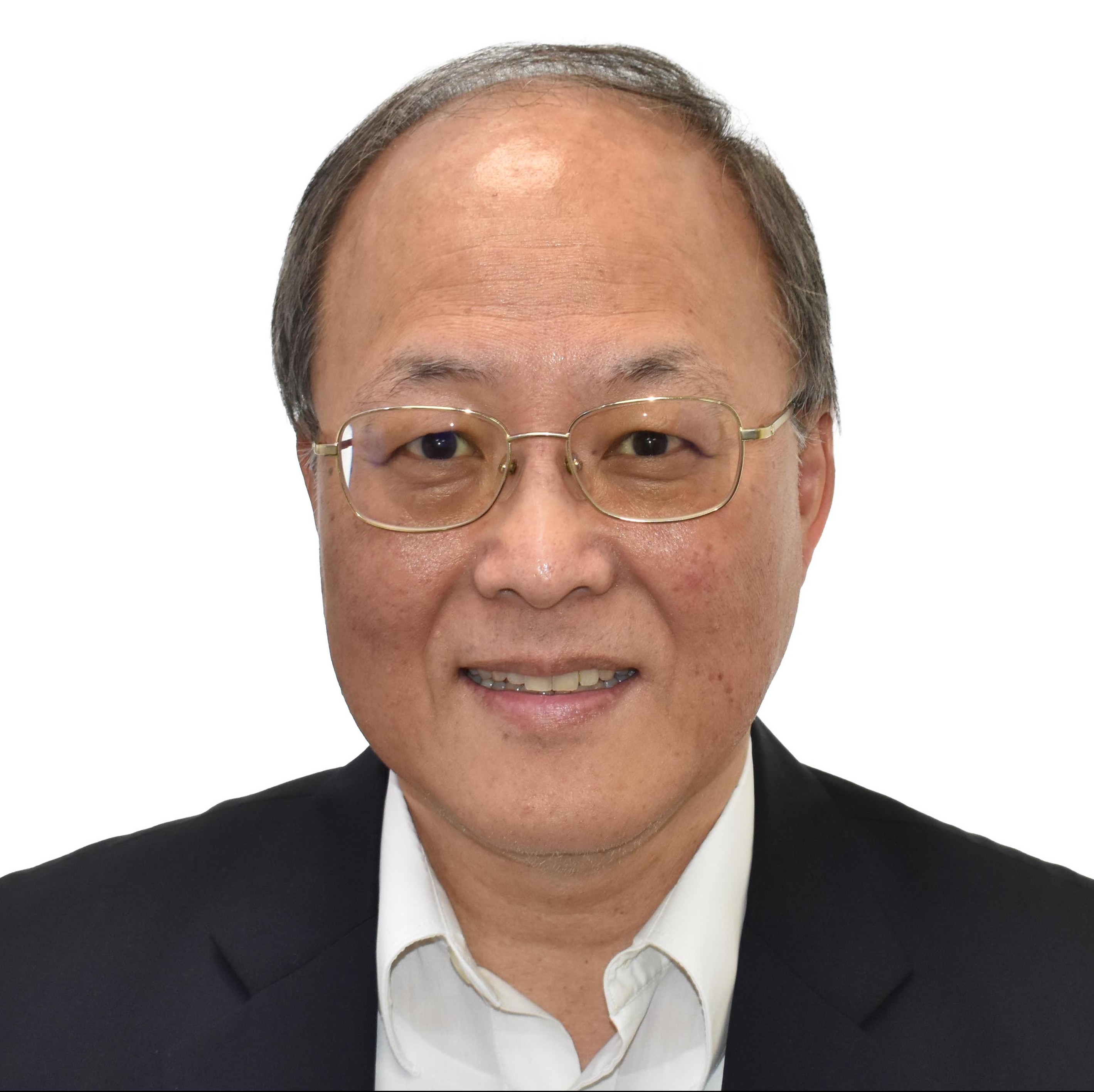Keynote Speakers

Kin K. Leung
Tanaka Chair Professor, Imperial College, London
Kin K. Leung received his M.S. and Ph.D. degrees from University of California, Los Angeles. He worked at AT&T Bell Labs and its successor companies in New Jersey from 1986 to 2004. Since then, he has been the Tanaka Chair Professor in the Electrical and Electronic Engineering and Computing Departments at Imperial College in London. He was the Head of Communications and Signal Processing Group from 2019 to 2024 and now serves as Co-Director of the School of Convergence Science in Space, Security and Telecommunications at Imperial. His current research focuses on optimization and machine learning for design and control of large-scale communications, computer and quantum networks. He also works on multi-antenna and cross-layer designs for wireless networks. He is a Fellow of the Royal Academy of Engineering, IEEE Fellow, IET Fellow, and member of Academia Europaea. He received the Distinguished Member of Technical Staff Award from AT&T Bell Labs (1994) and the Royal Society Wolfson Research Merits Award (2004-09). Jointly with his collaborators, he received the IEEE Communications Society (ComSoc) Leonard G. Abraham Prize (2021), the IEEE ComSoc Best Survey Paper Award (2022), the U.S.–UK Science and Technology Stocktake Award (2021), the Lanchester Prize Honorable Mention Award (1997), and several best conference paper awards. He chaired the IEEE Fellow Evaluation Committee for ComSoc (2012-15) and serves as the General Chair of the IEEE INFOCOM 2025. He has served as an editor for 10 IEEE and ACM journals and chaired the Steering Committee for the IEEE Transactions on Mobile Computing. Currently, he is an editor for the ACM Computing Survey and International Journal of Sensor Networks.
Keynote Title: Optimization and Federated Learning for Edge Computing with Resource Constraints
Abstract: Allocation of limited resources to competing demands is an important problem for efficient design and management of computing services at network edge. The speaker will first present a machine-learning method by using two Coupled Long Short-Term Memory (CLSTM) networks to quickly and robustly produce the optimal or near-optimal resource allocation. Numerical examples will be presented to show the effectiveness of the proposed method. The speaker will then give an overview of new approaches to supporting federated learning (FL) and improving the learning process by model pruning and split learning. The FL learns the model parameters from distributed data and adapts according to the limited availability of resources. The key idea of model pruning is to remove unimportant model parameters to reduce computation and communication burden, while split learning divides the model and learning between the server and user sides. Experimentation results show that the proposed approaches perform near to the optimum or offer significant performance improvement over other methods.